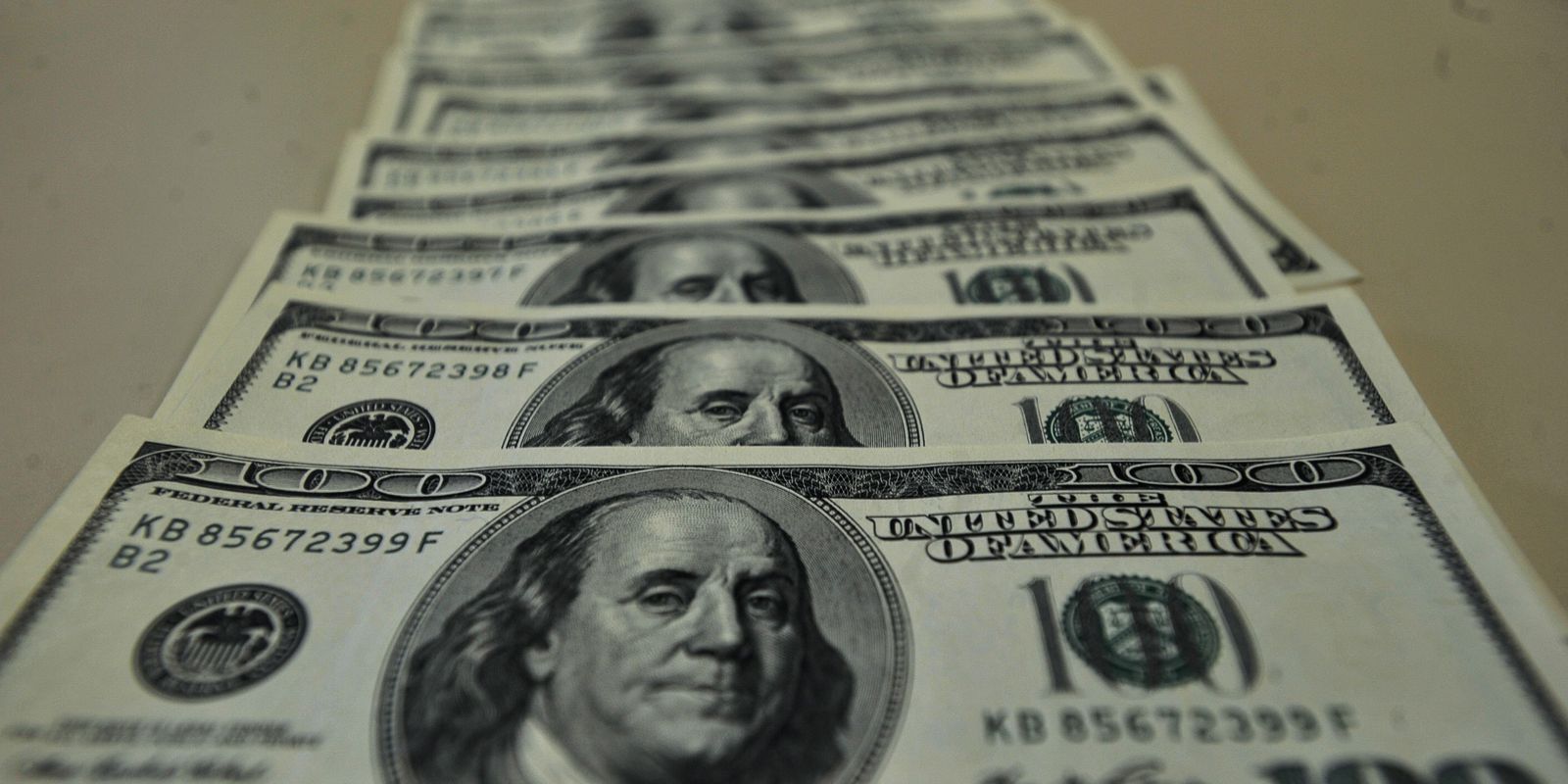The release of weak economic data on China caused instability in the financial markets of emerging countries. The dollar soared in the morning, but slowed throughout the day. The stock market started the day down, but reversed the movement, boosted by retailers’ actions.
The commercial dollar ended this Monday (15) sold at R$5.092, up by R$0.018 (+0.35%). The price reached R$ 5.14 at the beginning of the negotiations, but the tension diminished with the inflow of external flows during the afternoon from investors attracted by the high interest rates in Brazil, which allowed the exchange rate to remain below R$ 5, 10.
With today’s performance, the US currency accumulates a drop of 1.6% in August. In 2022, the decline reaches 8.68%.
Volatility has also affected the stock market. The B3 Ibovespa index closed at 113,032 points, up 0.24%. In the morning, the indicator fell by 1.44%, after the announcement that the Chinese economy continued to decelerate. However, the improvement in the US market during the afternoon and the rise in consumer-related stocks brought the index up.
The policy of lockdowns imposed by the Chinese government to combat the economy of covid-19 caused the economy of the Asian country to register a strong deceleration in July. In addition, the extension of the housing crisis has affected the resumption of the second largest economy on the planet. Economic problems in China affect exporting countries of commodities (primary goods with international quotation), such as Brazil.
On the other hand, factors related to the domestic economy helped to soften the news coming from China. The prospect that the cycle of high Selic rate (basic interest rates in the economy) has come to an end has attracted foreign capital to Brazil. At the same time, shares of companies linked to domestic consumption began to recover with the expectation that the Selic rate will begin to fall next year.
* With information from Reuters
















